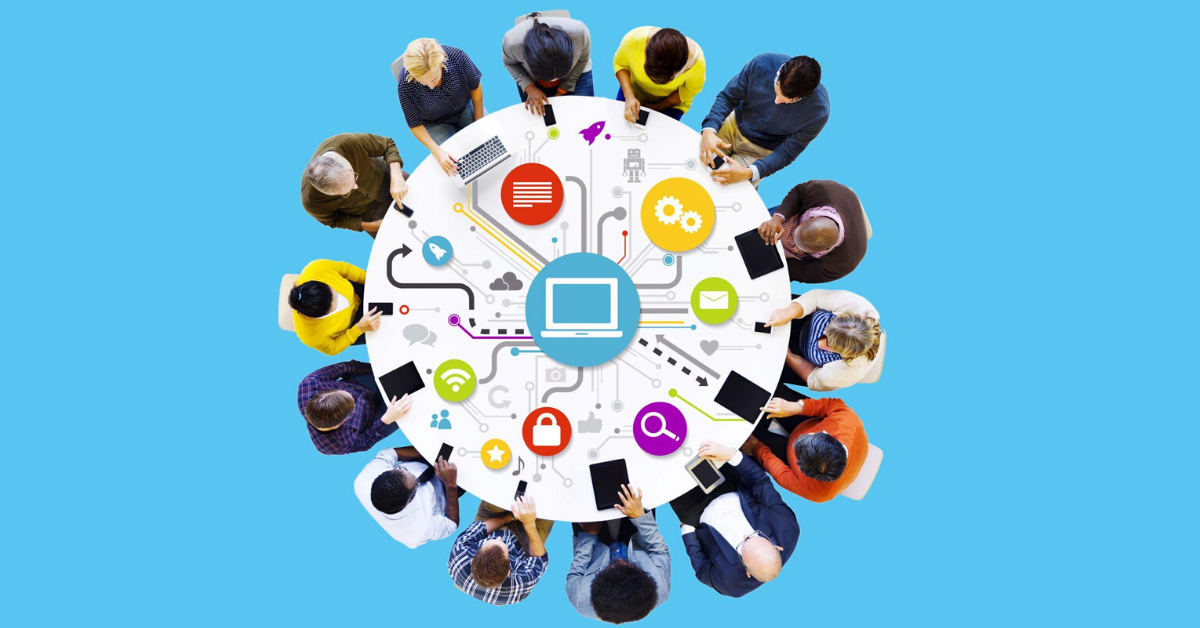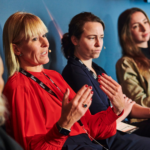
Social distancing, and for some complete isolation, has elevated the importance of digital inclusion. As we have all experienced, the need to rein in our physical interactions has nudged or rather shoved us into the online world for an ever-broadening range of daily activities. The sense of urgency is real and moves to a level beyond its already prominent position on the digital agenda.
The need to address digital inclusion, for both individuals and businesses, has been recognized as an important issue for quite some time. Yet the opportunities presented by the growing digital economy have not been evenly distributed and the need to ensure access, as a first step, is vital, to ameliorate the divide between the digital ‘haves’ and ‘have nots. Part of that is a question of infrastructure and ensuring that regional disparities, for example, are not exacerbated by unequal access to fast and reliable internet access.
In many places, the creation of the physical infrastructure is the ‘easy’ bit. The bigger challenges around affordability and skills require the collaboration across many stakeholder groups in the public, private and voluntary sectors. The cost of mobile internet access – the cost of data – has indeed fallen in many parts of the world. However, if you have used up your data allowance and a smartphone is your primary means of accessing information and services (including crucial government services) available online, the effects can be very serious. It is the reason that 999 calls are always free no matter what one’s data status.
It is worth remembering that public Wi-Fi (used by over 70% of the British population according to the Oxford Internet Survey) and the free internet access available in libraries, channels that are particularly important to those on low incomes, are not widely available to those in lockdown. And for the vulnerable, who are in full isolation, not at all. For the children of low income and vulnerable families, the added requirements of remote schooling are leaving them at risk of falling behind their peers, intensifying attainment gaps.
The current COVID 19 crisis has resulted in some important initiatives to allow free access to websites containing vital health and pandemic related information – such as NHS sites. Ensuring that credit status doesn’t prevent people from finding crucial information online is a valuable scheme and points to the important collaboration between mobile operators, government and other stakeholders. It also brings into sharp relief the need to define essential services and zero rate (e.g. no data required) them as well. In a world where so much is becoming digitized and digital by default, the lack of that access discriminates against the digitally marginalized or excluded and perpetuates and, indeed, exacerbates inequality.
Even with the infrastructure and access, perhaps the most difficult challenge is ensuring that people and business (particularly smaller businesses) have the skills to make the most of the opportunities in a digital world. In the UK, 11.9 million people simply do not have the requisite skills to access and make the most of all that is available on the internet. Across the world, 600 million do not have access but 3.3 billion people do not use the internet even with that access.
Starting with basic skills and continually building on those skills is a process but an essential one. In today’s world, it is hard to imagine an area that is not dependent on some level of digital skill and knowledge. Everything from access to basic goods and services to understanding how to protect oneself from fraud is impacted by the need for better digital skills. The government has taken important action in creating National Standards for Digital Skills but it will take a broad community of innovators, businesses, government and NGOs to come up with creative and impactful solutions to help bridge the digital divide.
Across our own community of innovators, we have seen many start-ups and providers addressing the need for better products and services to meet the needs of the financially excluded. COVID 19 has pointed to new gaps and innovators have again stepped up to help overcome those – such as the speedy development of a tool, Covid Credit, which leverages open banking so that the self-employed can demonstrate a loss of income and apply for government-support programmes. Without the necessary action to overcome the issues around digital inclusion, there will remain a slice of the population, at home and abroad, who are simply unable to take advantage of those innovative solutions.
As we all scramble to work from home (where possible), educate children, shop for necessities and stay connected to friends and family, it is worth considering the barriers to all of those functions in the absence of sufficient access and skills. What has brought for many of us a new set of challenges, has created for the already excluded, an even deeper divide to cross.










